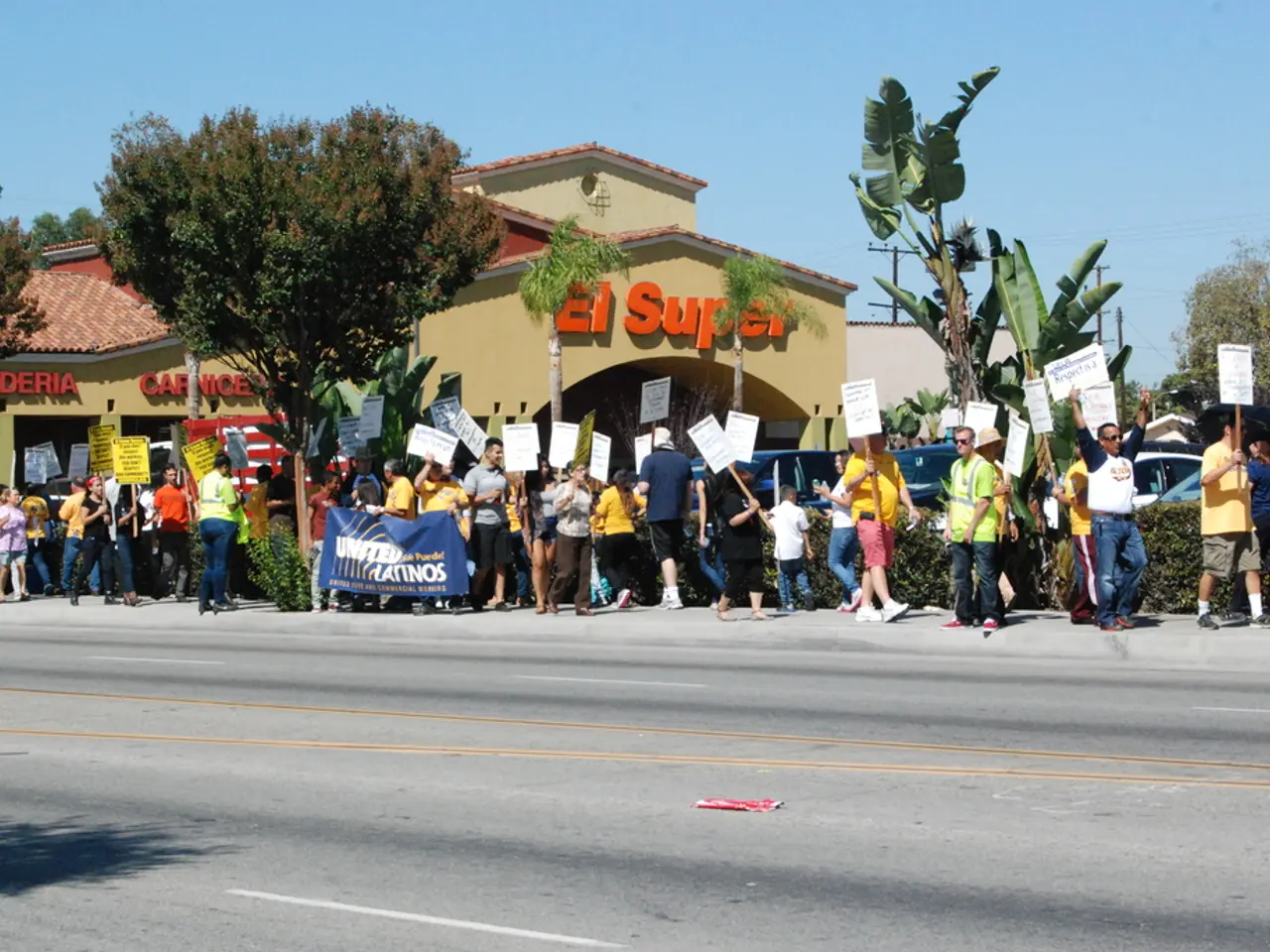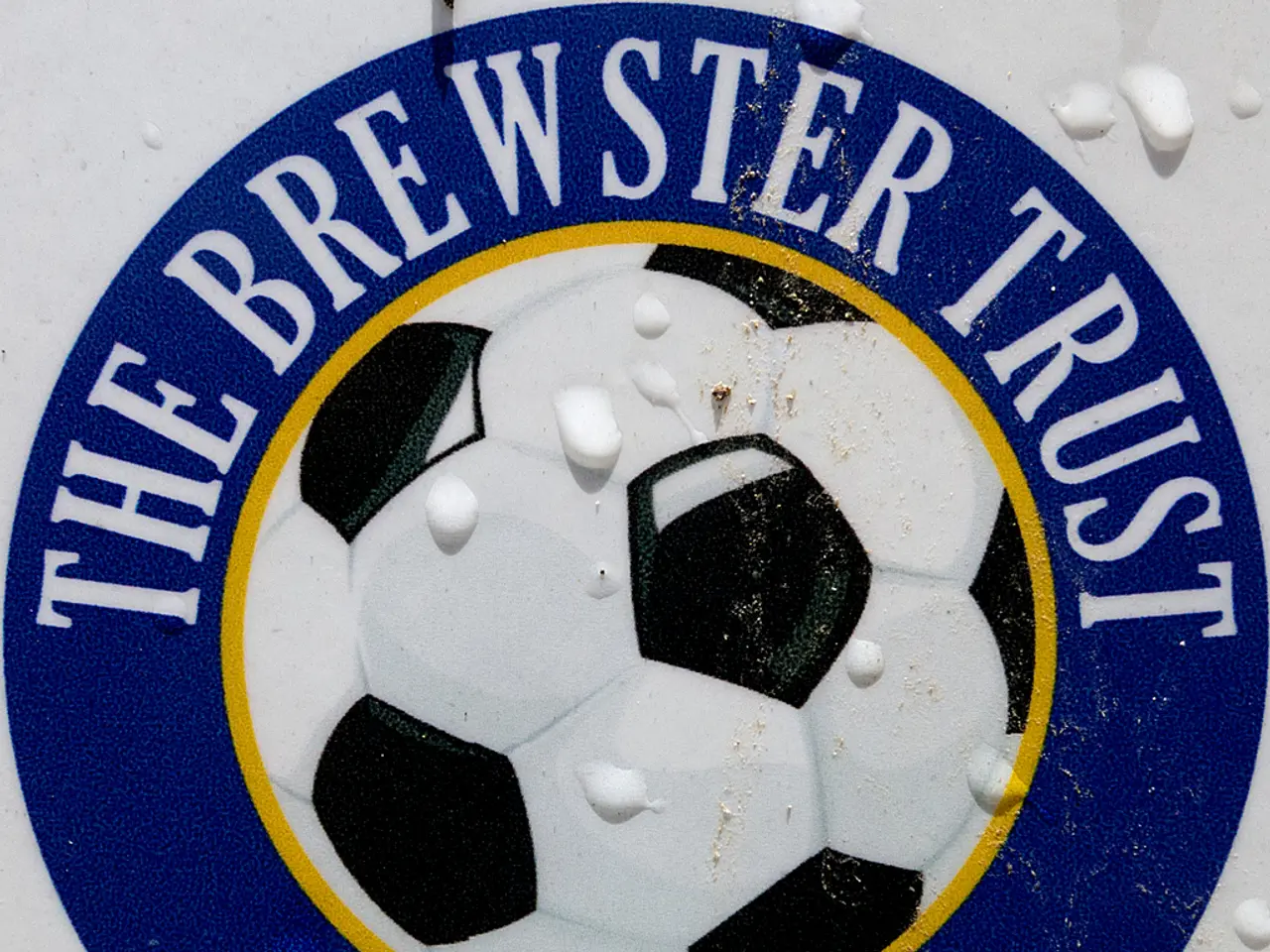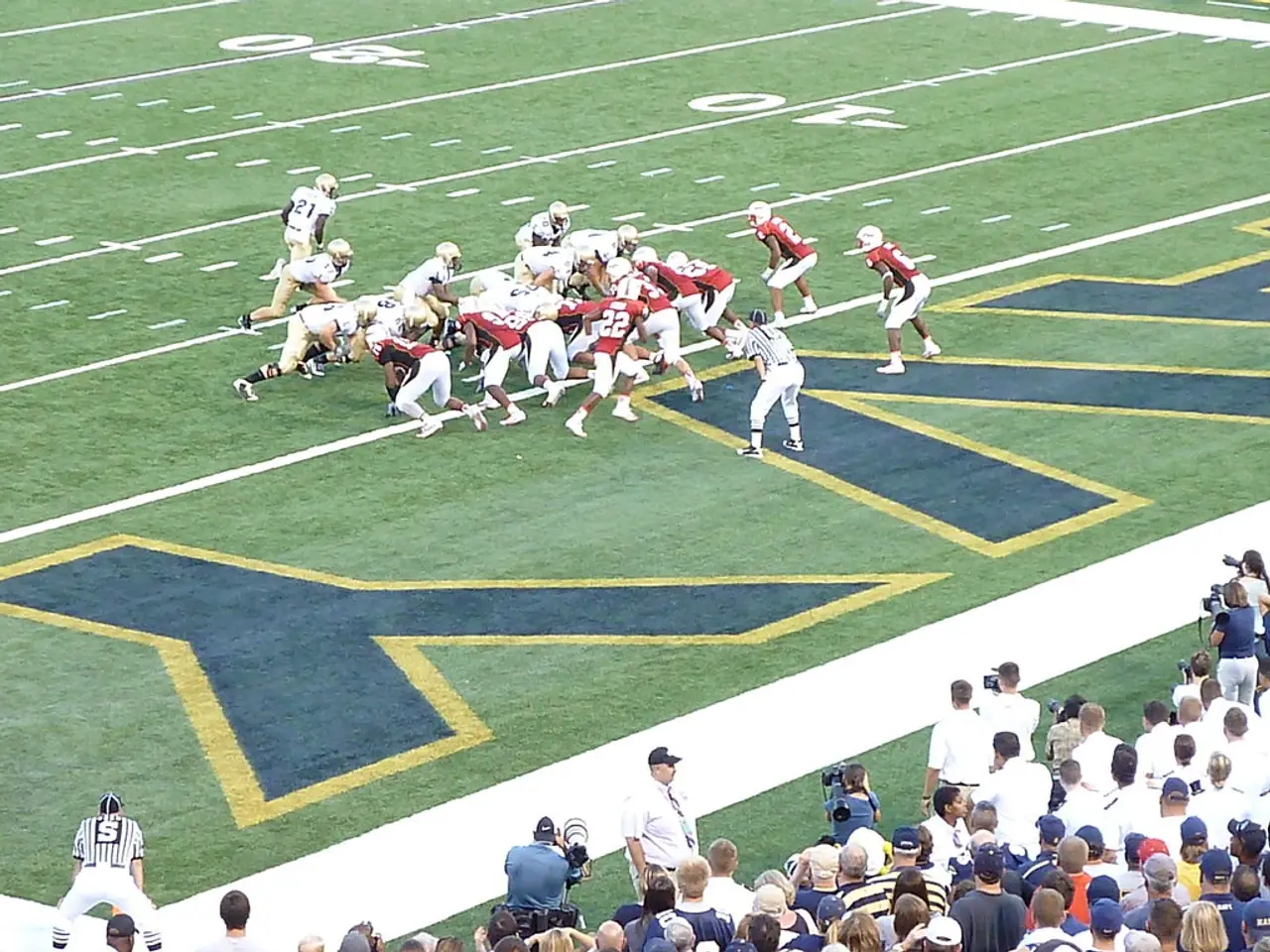Influence of French and American Revolutions on Political Ideas in Latin America
Latin America's political landscape was significantly transformed after the revolutions in France and America, with their ideas and examples shaping ideologies and governance systems across the region.
The American Revolution: A Beacon of Hope
The American Revolution demonstrated that a colonial territory could successfully overthrow a European monarchy and establish a republic based on Enlightenment principles. This example encouraged Latin American leaders to seek independence from Spain and challenge the legitimacy of colonial authorities. The weakened position of Spain during the American Revolution, exacerbated by its own conflicting interests and engagements, indirectly helped reshape colonial attitudes toward self-rule.
Prominent Latin American leaders, particularly Simón Bolívar, were deeply influenced by both revolutions. Bolívar's political thought was shaped by Enlightenment ideals and practical observations during his diplomatic missions in Europe and interactions with these revolutionary successes. The upheaval in Spain and loss of direct royal authority provided an opportunity for Bolívar and others to organize independence movements, often seeking external support but relying on the principles of republicanism and self-determination derived from the earlier revolutions.
The French Revolution: Spreading Ideals and Causing Upheaval
The French Revolution further contributed by spreading ideas of liberty, equality, and fraternity, significantly destabilizing traditional European monarchies. The invasion of Spain by Napoleon in 1808 (a direct consequence of the French Revolution and Napoleonic Wars) created a power vacuum in Spanish America. This led Spanish colonies to form local juntas and assert the right to self-govern in the name of the deposed Spanish king or their own autonomy, inspiring political debates about sovereignty and rights within Latin America.
The Legacy of the Revolutions in Latin America
In Central America, the post-independence political landscape was marked by conflicts between liberals and conservatives, reflecting ideological struggles inspired partly by the French and American republican examples. The liberal reforms and civil wars following independence highlight how revolutionary ideas had to be negotiated and adapted to local contexts, leading to complex outcomes rather than simply replicating the models of the United States or revolutionary France.
Bolivar led military campaigns across South America, securing key victories that contributed significantly to the success of the independence movements. His Pan-American Vision aimed to unite Latin American nations into a cohesive and powerful confederation, modeled after the United States, emphasizing regional integration and collaboration for mutual prosperity and security.
The ongoing struggle for social justice, human rights, and political participation in Latin America can be traced back to the revolutionary fervor ignited by the French and American Revolutions. Concepts such as popular sovereignty and constitutionalism, rooted in the revolutionary experiences of France and the United States, serve as guiding principles for modern Latin American nations in their quest for governance that reflects the will of the people.
Constitutional reforms in post-independence Latin America resulted in the establishment of republican systems of government, with a focus on creating checks and balances to prevent the concentration of power. Bolívar's legacy as a revolutionary leader endures, shaping the political landscape of post-independence Latin America and influencing the integration of Enlightenment ideas into political discourse.
In summary, the American and French revolutions provided both ideological foundations and political opportunities that shaped Latin America’s struggles for independence and its subsequent attempts to build new republican states. The ideals of liberty, equality, and democracy that emerged from these revolutions still resonate in Latin American societies, influencing political movements and shaping governmental structures.
References:
- The American Revolution and Latin America
- The French Revolution and Latin America
- Simón Bolívar
- Latin American Wars of Independence
- The French Revolution, with its ideas of liberty, equality, and fraternity, spread to Latin America, inspiring political debates about sovereignty and rights within the region.
- The American Revolution's example of a successful colonial territory overthrowing European rulers encouraged Latin American leaders to seek independence from Spain, leading to the formation of republican systems of government in post-independence Latin America.








